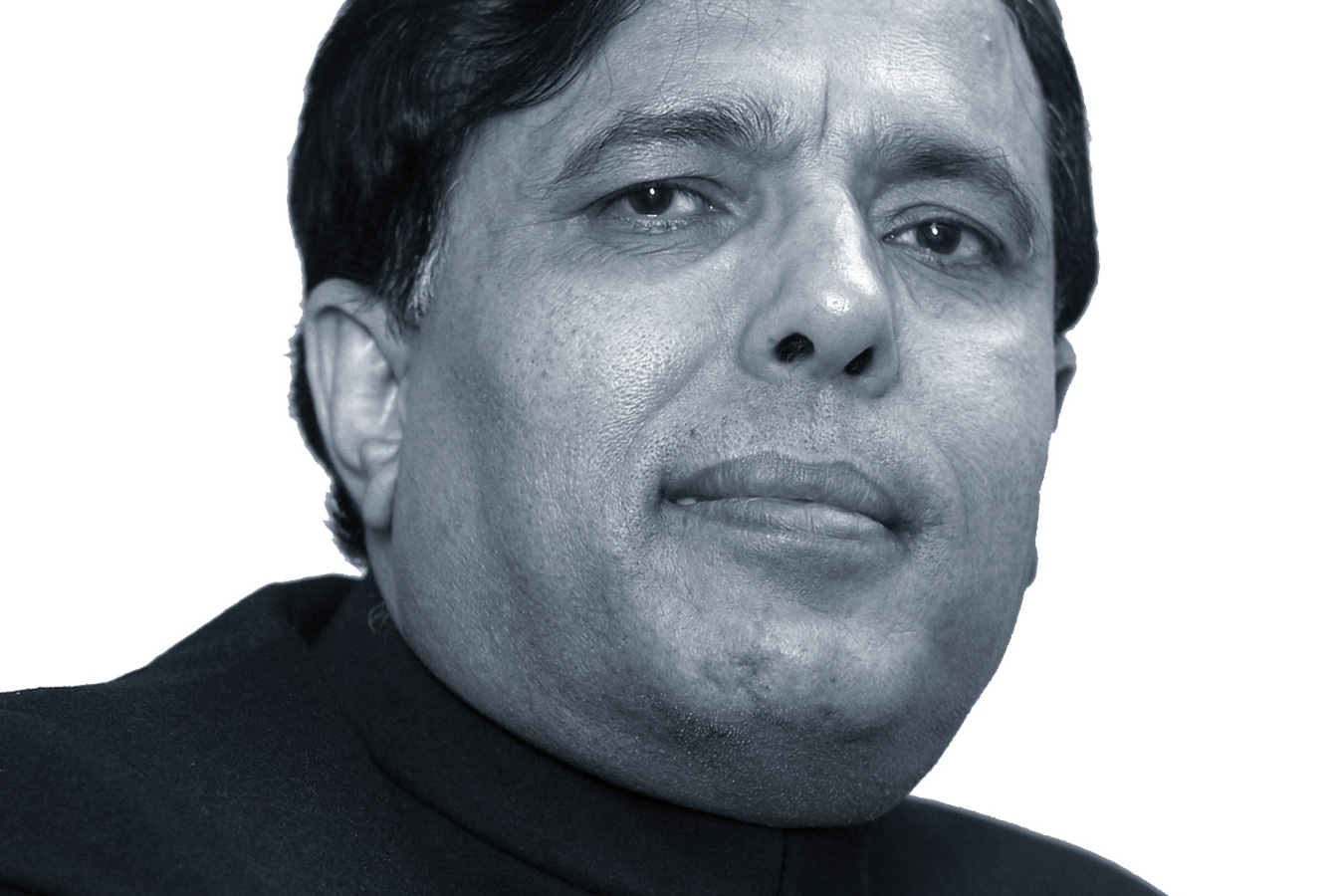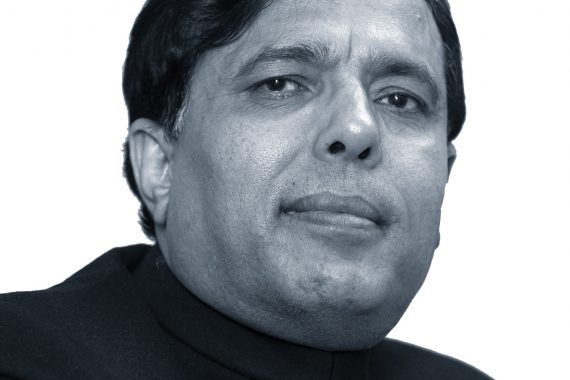
There is an Indian proverb that says: ‘After eating 900 rats, the cat goes on a pilgrimage.’ That sums up precisely the £20 billion boost in NHS funding announced by the Prime Minister.
After the biggest financial squeeze in history over the past eight years, NHS England is to get a 3.4% yearly increase in funding over the next five years. This is significantly lower than the 4% annual increases most of the independent think tanks have said is needed as a minimum.
This £20 billion annual rise by 2023/24 will in no way repair the damage inflicted over the past decade. Primary and secondary care services are on their knees and NHS Trusts have record debts and waiting times.
Furthermore, Theresa May’s NHS spending boast has been fabricated as coming from some fictitious Brexit windfall. This talk of a Brexit dividend, which will supposedly help cover the £350 million pledge made by Boris Johnson during the EU referendum, is coming dangerously close to Ms May’s own version of a magic money tree. The Prime Minister is being publicly dishonest and playing politics in the hope of staying a little longer in Downing Street.
This a policy statement made to solve a political – not a practical – problem
Whilst all this is hitting the headlines, general practice and social care are quietly sliding down the ladder.
There is a deepening crisis in GP services. Since 2011, the proportion of unfilled GP advertised posts has climbed more than fivefold. We are in the midst of a GP recruitment crisis. A recent report from the House of Lords Select Committee on long-term sustainability of the NHS stated this is ‘set to leave a shortfall of 9,940 GPs across the UK by 2020’. NHS Digital figures reveal that the number of GP practices in England has fallen by 889 – or 11% – since 2010, as a result of closures or mergers; there are also 4,425 fewer staff working at GP practices today, compared with 2010.
Social services have been squeezed so substantially that the sector is now at tipping point. It is no surprise that the number of vulnerable people being helped by local authorities is rapidly decreasing, despite an increase in those who require support. A broken social service directly increases the workload of general practice.
After eight years of austerity, waiting lists have gone through the roof, general practice is in crisis, the NHS doesn’t have enough clinical staff, public health budgets have been cut and just four in 10 people with a mental health problem get any help at all.
The Prime Minister’s announcement is a policy statement made to solve a political – not a practical – problem. The Government should be raising funding by at least 4% a year, and concentrating on transforming the NHS from being a sickness service that diagnoses and treats into one that also promotes health and pre-empts sickness.
The NHS cannot survive without new social care funding and a substantial increase in primary care money to keep people out of hospital and free up beds. This NHS ‘birthday gift’ will prove a false dawn; it is just another political gimmick that will end in tears.
Dr Kailash Chand is a retired GP in Tameside
Pulse October survey
Take our July 2025 survey to potentially win £1.000 worth of tokens













